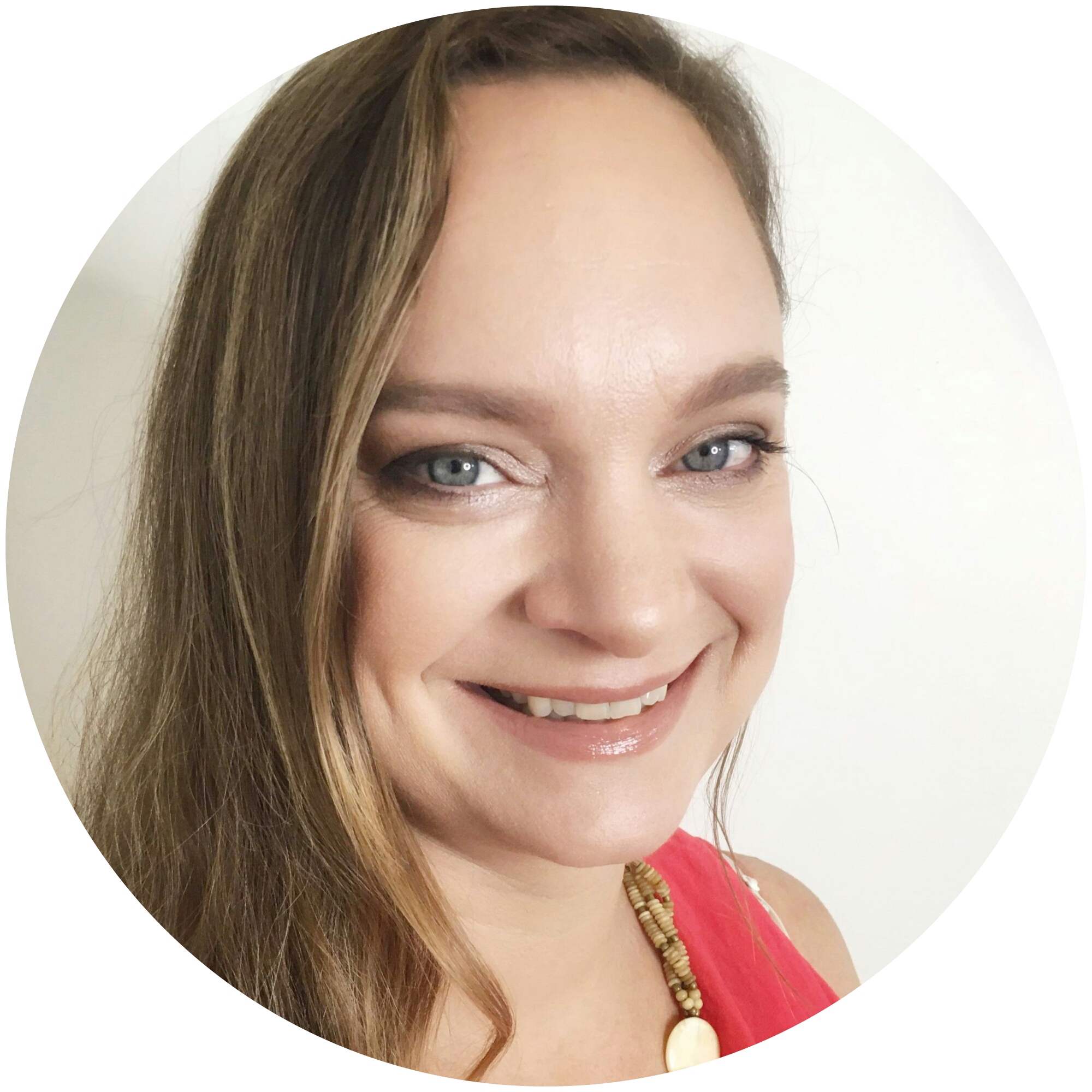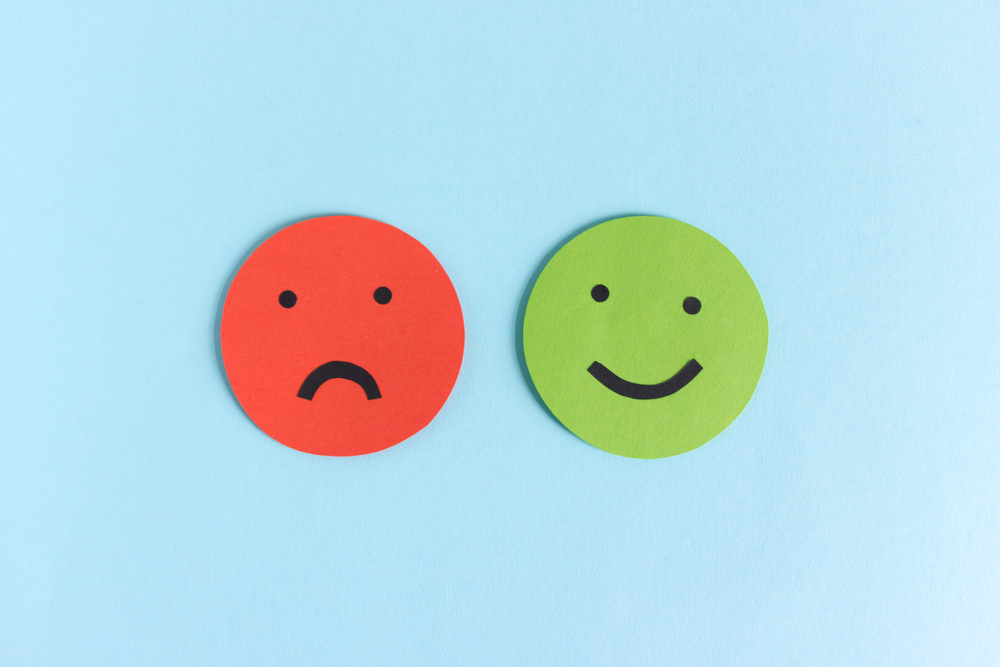How can a habit change my mental health?
That was a question I asked many years ago, at the beginning of my wellness journey. The story I was told was this: Mental health, or more specifically, mental illness, was simply a part of my biology. There was nothing I could do to change it. But many years of trial, error, medication, and lifestyle changes taught me something profound: that this belief could not be further from the truth. I could change my mood, and sustain it for the long term, by changing my habits. These new habits were a conscious decision to take daily action towards a physically, mentally, and socially healthier life.
My Journey With Mental Health
Mental health has always been a presence in my adult life. When I received a diagnosis at the age of 20, it included medication and what I like to call “The Diabetes Speech.” That is: “A mental illness without medication is like diabetes without insulin.” Now, there’s plenty that is wrong with that analogy. But the key problem I see is this. When someone is diagnosed with diabetes, lifestyle changes, and possibly the support of a dietitian, might be recommended as well. But when it comes to mental health, this is often not the case. Medication, and possibly some form of therapy, might be suggested. And then that’s it. In my personal experience, there was no mention of how nutrition, exercise, or social support could also help. Ever.
It’s important to note at this point in my story that medication can play a pivotal and life-saving role in the life of someone experiencing mental illness. It does not, however, mean that medication is the only element of individual recovery. Or that every person will need medication for a lifetime. Any changes in medication for any kind of illness should be under the treatment of a medical professional.
A few years later, I came to the realization that for me personally, relying on my medication to fix me was not enough. As a professional outdoor instructor, I lead an extremely active life. Much of my work time was spent hiking, paddling a canoe, camping, climbing, cycling, and generally being very active. I was also eating a healthy whole foods diet — the kinds of simple foods you would typically take camping. And while I was doing these activities, I always felt at my best, both physically and mentally.
My habits were not supporting me
It was when this was no longer my job, and I was no longer doing daily activity, that I started to notice a problem. I had returned to university to study for my masters degree. I was still active in my recreational time, but most of my days were spent studying, researching, and writing. Being on my own, and no longer living in a group setting, I started choosing foods that were more about convenience than health.
It was at this point that I found I was no longer resilient to the events of my life. When something hit me hard, it hit me very hard. It knocked me down. And I stayed down for a long time. The change I made started because I knew I could not continue on the path I was on. I was unhappy, and I knew that being on my own all the time was only making it worse. Although I didn’t know why, I did understand that when I had been active and exercising daily, I felt better. When I was eating a nutritious diet, my mood was better.
At first, I did try and take on regular exercise on my own. And some days it worked. But when I was not feeling great, I just couldn’t find a way to motivate myself to go for a run. I didn’t really like running. But it was something I could do on my own.
What I really wanted was to find exercise I enjoyed doing, and people to do it with — people who shared my interests, and who wanted to do the things I wanted to do. I wanted to find my people — my community.
The Microstep that changed the game
I went online, and found out that my university had an outdoors club — a club for people who loved to do what I loved to do!
It was a slow process for me, becoming part of this community. The first thing I did was attend their weekly evening at the local rock climbing gym. I was nervous, but I committed to just showing up the first time. It was fun, and it felt great to get back into climbing. That was my first microstep. After a few weeks, I was ready for the next step: Head to the pub with the group after climbing for some food and drinks.
I know, that’s not what many people think of as a healthy lifestyle microstep!
But this was how I got to know the other members of the club. After a few months, a few of us added a second night of climbing at the gym. This continued to build, until it started to include weekend catch-ups and climbing outdoors. I had found my tribe, my friends, my community. These people supported the healthy lifestyle I wanted.
Steps become habits
Over the course of a year, this one microstep became a habit of showing up every Wednesday. Two hours, once a week, built to the next steps of three to four climbing sessions a week. But it was about more than just the climbing and exercise. These people I was climbing with, they became my friends, my community. We socialized together. We challenged each other to climb better, harder, and more frequently. There were many days when I didn’t really feel like climbing at all, but very rarely did I miss a Wednesday night at the gym.
Going to the climbing gym, every week at the same time, with the same people, was the microstep that changed the direction of my life. It was the habit that provided the platform for future microsteps that also became habits. The first microstep that became a habit was my catalyst for change. This was my keystone habit that all the other changes were built off of.
Building blocks for the next steps
What I was amazed to find is that when I focused on improving my climbing, a few other things improved as well. I started eating better. After all, being fit and strong was going to make me a better climber! I started sleeping better, due to regular exercise and improved diet. And my mood was significantly better. I knew this was because of the changes I made to my health. At the time, I didn’t know the term holistic health: my physical, mental, and social healthy lifestyle. But that’s exactly what my microstep did for me; it created the habit that would change my health holistically.
What those years taught me was the importance of meeting my health needs holistically. And this meant addressing my physical, mental, and social health and well-being. I came to understand that the habits that did not support my life holistically would put my life out of balance. And for me, that could profoundly impact my mental health.
This understanding of how to create habits that stick has been invaluable. It’s made sure I don’t return to my old habits, the ones that did not support my health holistically.
Protection from old habits
These habits were tested when the phase of my life that involved rock climbing several times a week came to an end. Ironically, it was in part because of someone I met while climbing — the person who is now my husband. After we married and had children, I found myself back in a similar situation. I was not getting the regular exercise I needed. I was not engaging with my social network the way I needed. And I was not supporting myself nutritionally the way I needed for my mental health.
But the difference this time was that I knew what I needed to do. I knew how to start with small steps, and create achievable habits holistically. I knew that taking one small step would build upon the next. The key was that these microsteps were specific to me and where my life was in the present, not where my life has been before.
The First Three Habits
These are the first three habits I learned to sustain my mental health and well-being;
- I keep my diet simple, to allow myself the time to meet my nutritional needs. I ascribe to the principle of “just eat real food” and have learned how to do so simply, and on a budget, for a family.
- Daily exercise might not always be exciting, but I walk, run, or cycle when I am able to substitute for driving. I have a floor routine for when we are watching TV. I do squats while waiting for dinner to cook. While I might not have time to take anything else on, I can turn what I already need to do into physical activity.
- I keep up my social network. It might be more play-dates then climbing sessions or nights at the pub for now. But I’m still surrounding myself with the people who make my heart sing.
It worked
Creating microsteps that lead to habits supported my health holistically. They became my physically, mentally, and socially healthy lifestyle that best supported my mental health, and got me through pregnancies and babies without the return of my mental illness.
While I still might sometimes have difficult days, I have the habits in place to keep me going at my best. And it doesn’t require me to rely on willpower to do so.
My habits are what sustains my health. They have made a significant improvement in my mental health. Personally, after 12 years of taking daily medication to maintain my mood, I am now eight years into being medication-free because of my habits and the role they play in my lifestyle. There are more habits in my life than the ones I’ve addressed here. But the key to changing your life by changing your habits is to start small, with microsteps that become habits, and build from there. This is where I began.
Follow us here and subscribe here for all the latest news on how you can keep Thriving.
Stay up to date or catch-up on all our podcasts with Arianna Huffington here.


